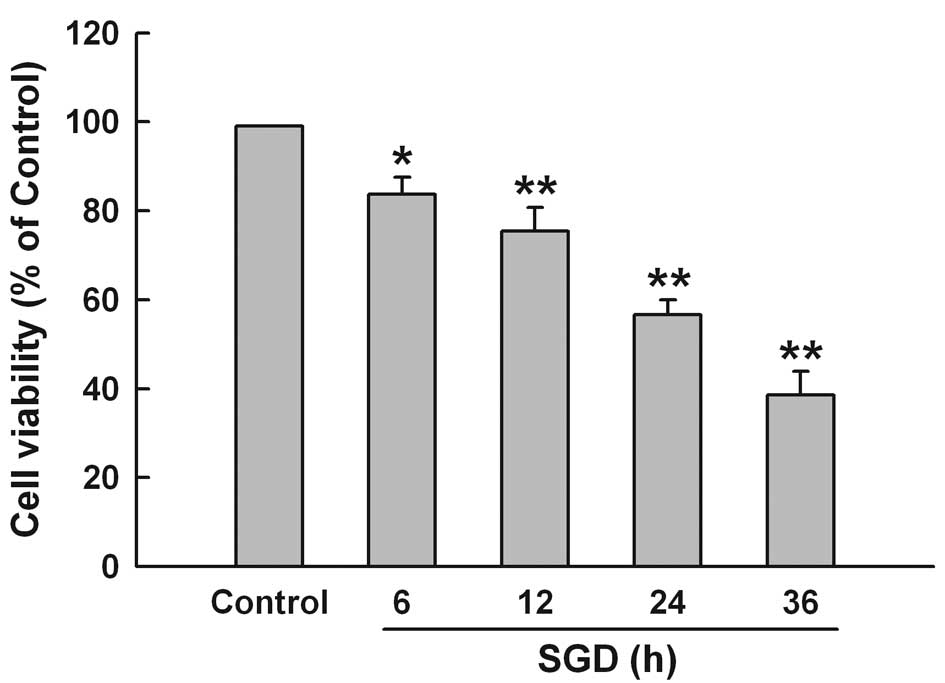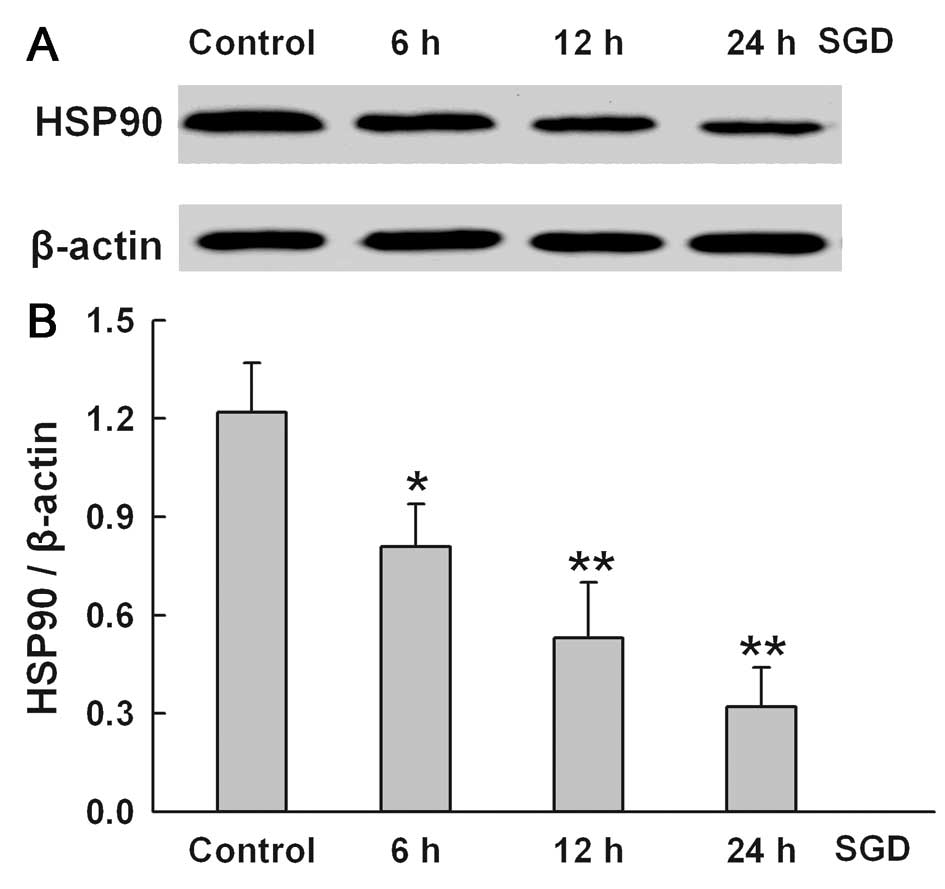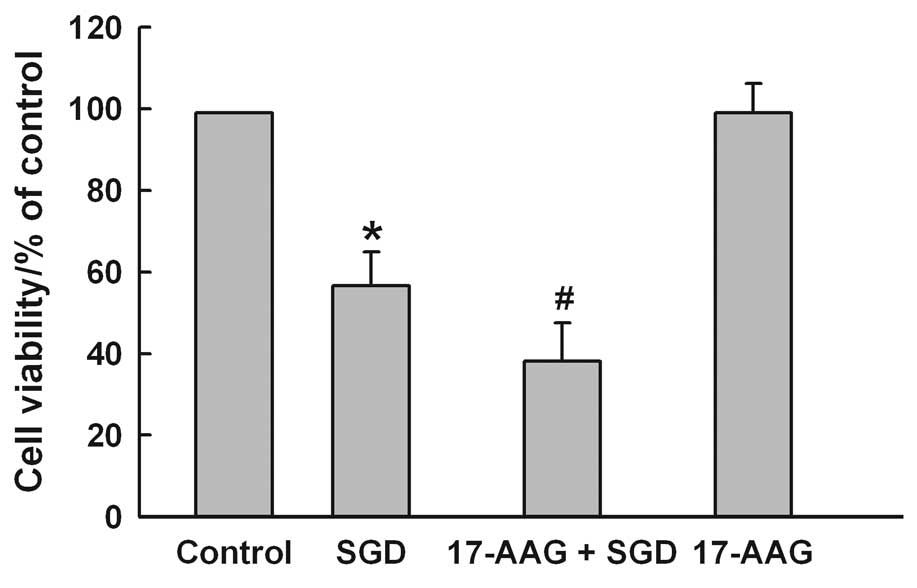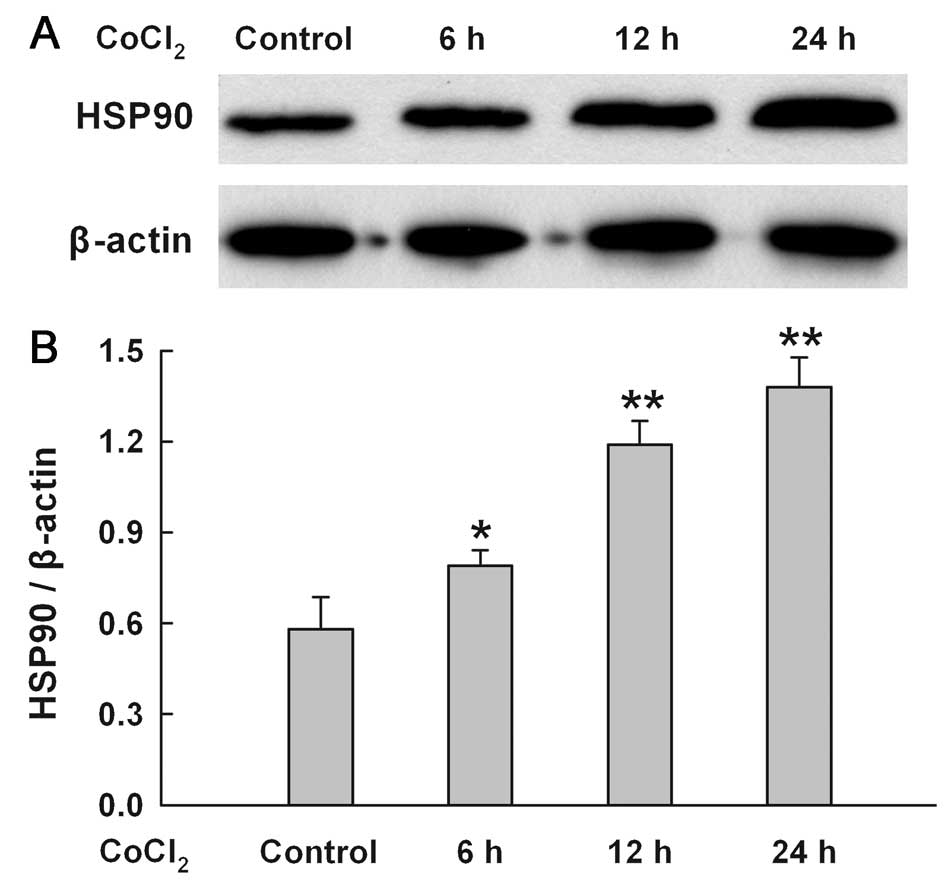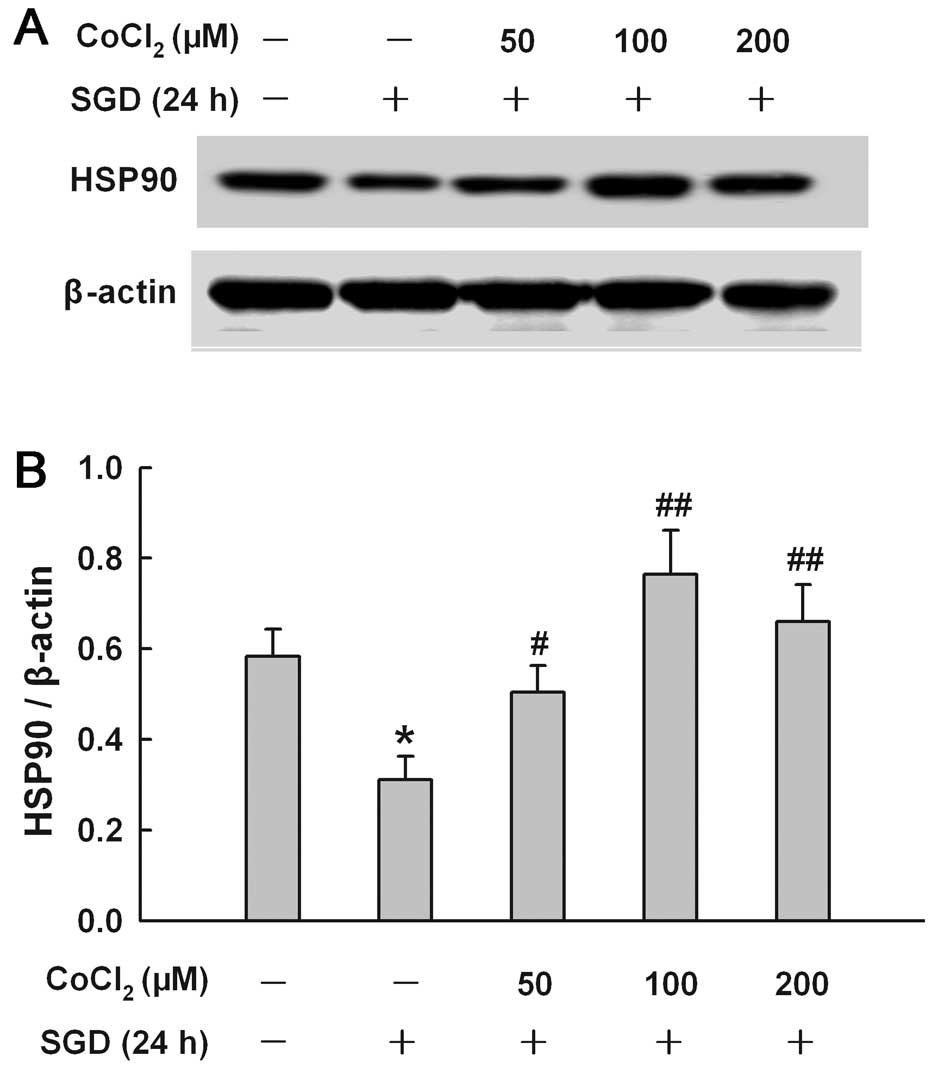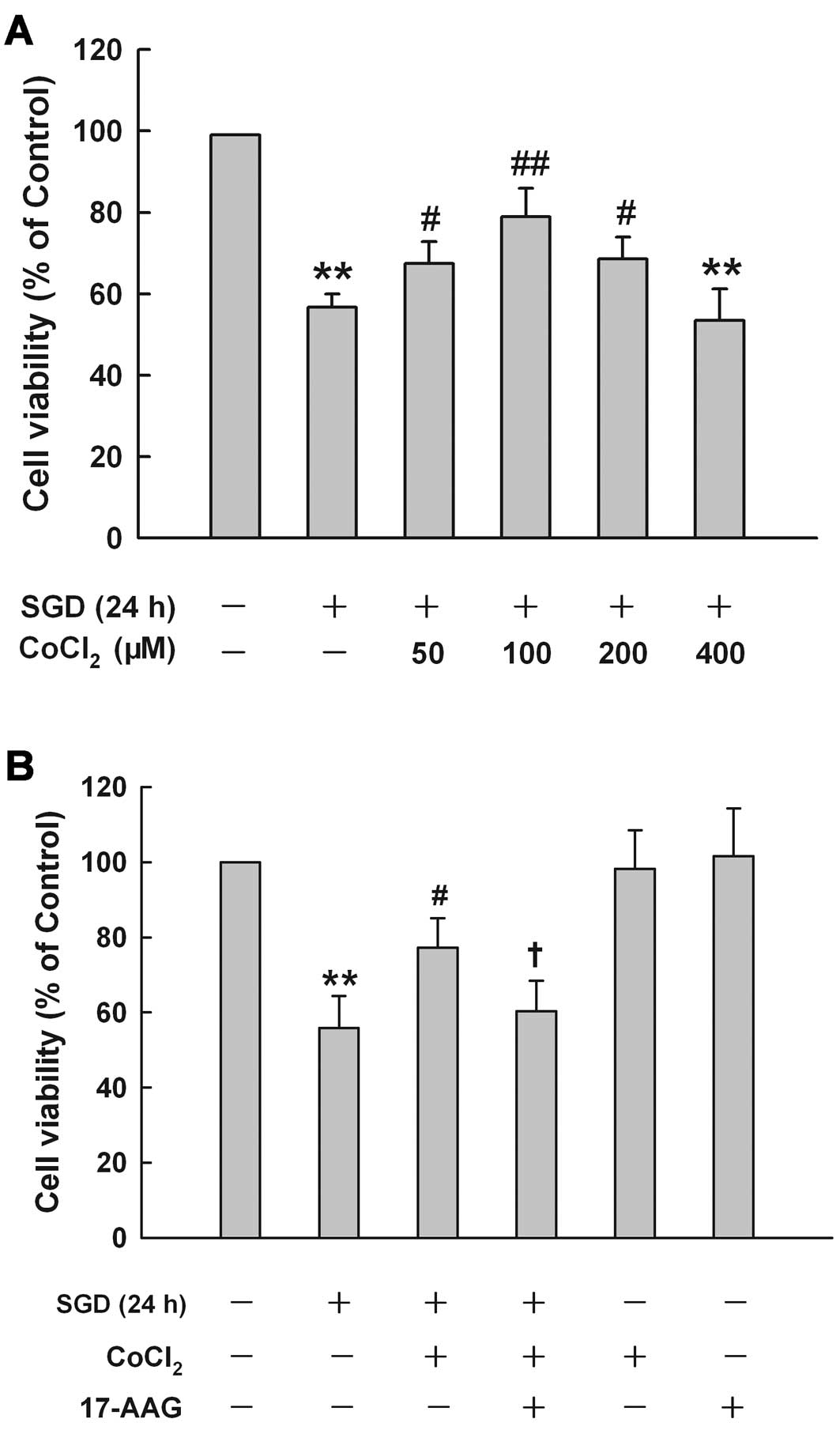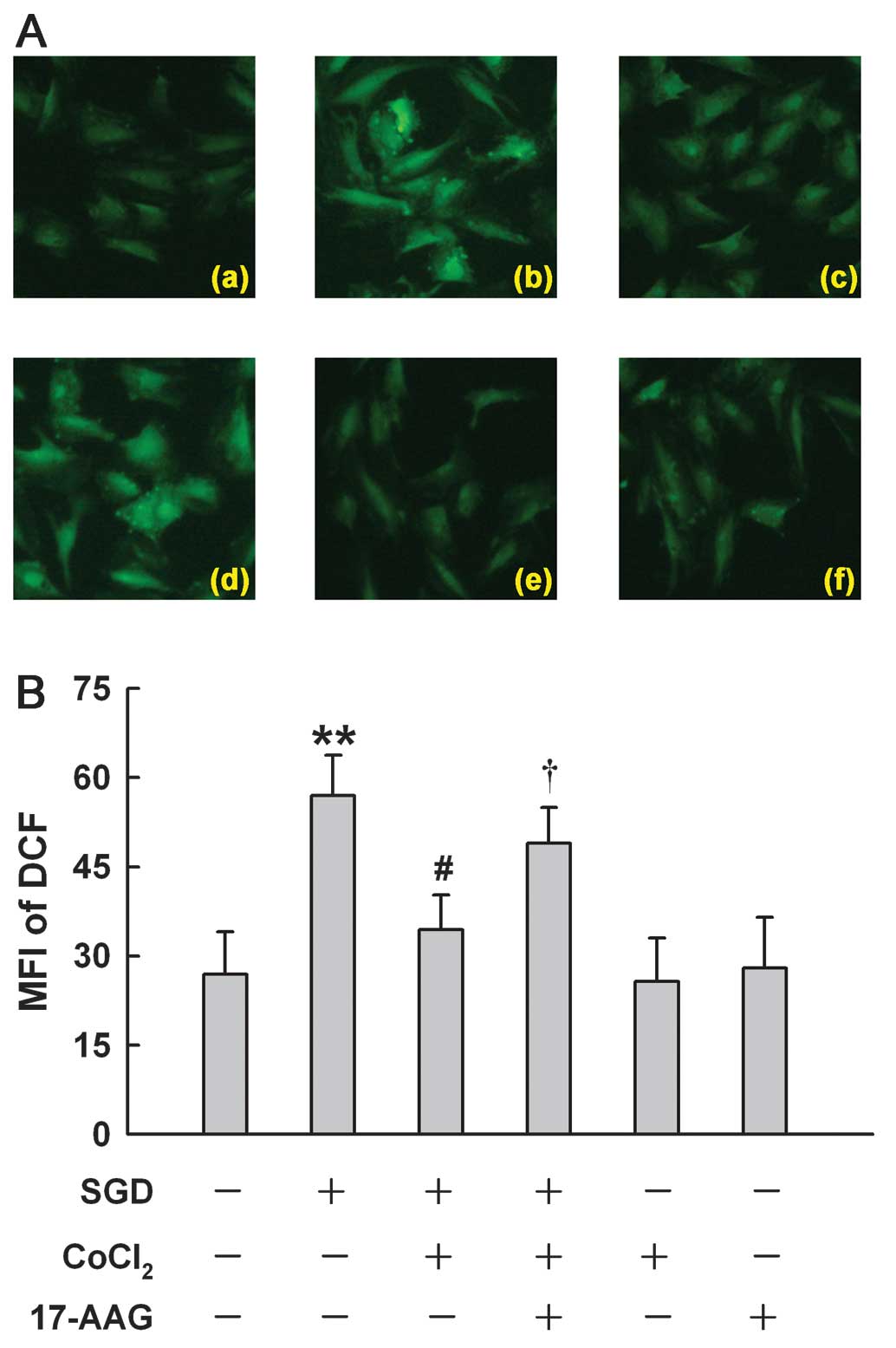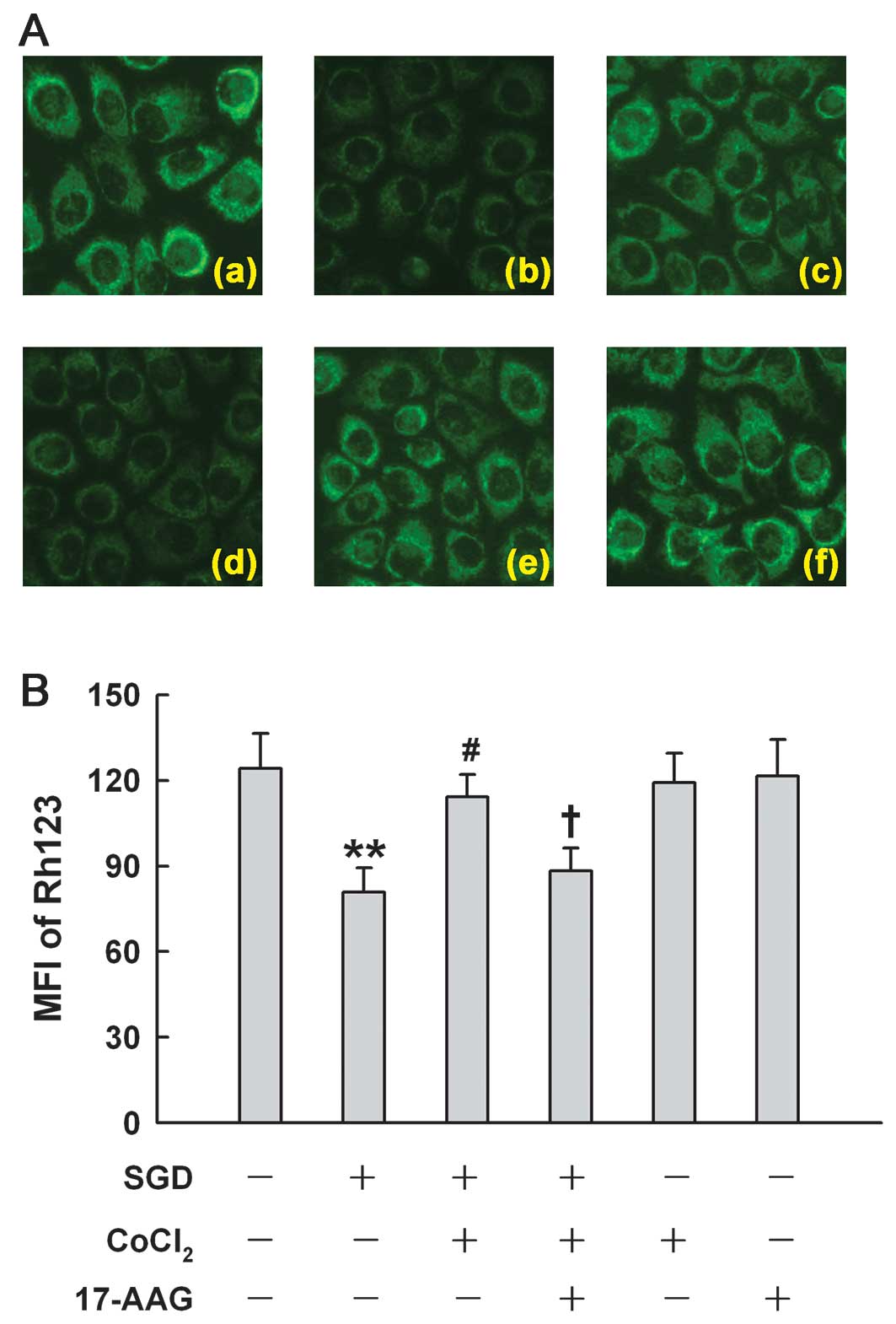|
1.
|
J FandreyHypoxia-inducible gene
expressionRespir Physiol101110199510.1016/0034-5687(95)00013-4
|
|
2.
|
JM GleadlePJ RatcliffeHypoxia and the
regulation of gene expressionMol Med
Today4122129199810.1016/S1357-4310(97)01198-29575495
|
|
3.
|
MA GoldbergSP DunningHF BunnRegulation of
the erythropoietin gene: evidence that the oxygen sensor is a heme
proteinScience24214121415198810.1126/science.28492062849206
|
|
4.
|
GL SemenzaGL WangA nuclear factor induced
by hypoxia via de novo protein synthesis binds to the human
erythropoietin gene enhancer at a site required for transcriptional
activationMol Cell Biol125447545419921448077
|
|
5.
|
GL SemenzaO2-regulated gene
expression: transcriptional control of cardiorespiratory physiology
by HIF-1J Appl Physiol96117311772004
|
|
6.
|
AE GreijerP van der GroepD
KemmingUp-regulation of gene expression by hypoxia is mediated
predominantly by hypoxia-inducible factor 1 (HIF-1)J
Pathol206291304200510.1002/path.177815906272
|
|
7.
|
NA BairdDW TurnbullEA JohnsonInduction of
the heat shock pathway during hypoxia requires regulation of heat
shock factor by hypoxia-inducible factor-1J Biol
Chem2813867538681200610.1074/jbc.M60801320017040902
|
|
8.
|
Y HuangKM DuZH XueCobalt chloride and low
oxygen tension trigger differentiation of acute myeloid leukemic
cells: possible mediation of hypoxia-inducible
factor-1alphaLeukemia1720652073200310.1038/sj.leu.2403141
|
|
9.
|
EJ KimYG YooWK YangTranscriptional
activation of HIF-1 by RORalpha and its role in hypoxia
signalingArterioscler Thromb Vasc
Biol2817961802200810.1161/ATVBAHA.108.17154618658046
|
|
10.
|
A LanX LiaoL MoHydrogen sulfide protects
against chemical hypoxia-induced injury by inhibiting ROS-activated
ERK1/2 and p38MAPK signaling pathways in PC12 cellsPLoS
One6e25921201110.1371/journal.pone.002592121998720
|
|
11.
|
H EndohT KanekoH NakamuraImproved cardiac
contractile functions in hypoxia-reoxygenation in rats treated with
low concentration Co(2+)Am J Physiol Heart Circ
Physiol279H2713H2719200011087225
|
|
12.
|
F KerendiPM KirshbomME HalkosThoracic
Surgery Directors Association Award. Cobalt chloride pretreatment
attenuates myocardial apoptosis after hypothermic circulatory
arrestAnn Thorac
Surg8120552062200610.1016/j.athoracsur.2006.01.059
|
|
13.
|
ZQ ZhaoJS CorveraME HalkosInhibition of
myocardial injury by ischemic postconditioning during reperfusion:
comparison with ischemic preconditioningAm J Physiol Heart Circ
Physiol285H579H588200310.1152/ajpheart.01064.200212860564
|
|
14.
|
JM DuckhamHA LeeThe treatment of
refractory anaemia of chronic renal failure with cobalt chlorideQ J
Med452772941976940922
|
|
15.
|
JW FisherJW LangstonEffects of
testosterone, cobalt and hypoxia on erythropoietin production in
the isolated perfused dog kidneyAnn NY Acad
Sci1497587196810.1111/j.1749-6632.1968.tb15139.x5240755
|
|
16.
|
WE JandaW FriedCW GurneyCombined effect of
cobalt and testosterone on erythropoiesisProc Soc Exp Biol
Med120443446196510.3181/00379727-120-305585856423
|
|
17.
|
Z YangC YangL XiaoNovel insights into the
role of HSP90 in cytoprotection of H2S against chemical
hypoxia-induced injury in H9c2 cardiac myocytesInt J Mol
Med28397403201121519787
|
|
18.
|
R Eyssen-HernandezA LadouxC
FrelinDifferential regulation of cardiac heme oxygenase-1 and
vascular endothelial growth factor mRNA expressions by hemin, heavy
metals, heat shock and anoxiaFEBS
Lett382229233199610.1016/0014-5793(96)00127-58605975
|
|
19.
|
D KatayoseS IsoyamaH FujitaSeparate
regulation of heme oxygenase and heat shock protein 70 mRNA
expression in the rat heart by hemodynamic stressBiochem Biophys
Res Commun191587594199310.1006/bbrc.1993.12588461015
|
|
20.
|
IM AhmadN Aykin-BurnsJE SimMitochondrial
O2*-and H2O2 mediate
glucose deprivation-induced stress in human cancer cellsJ Biol
Chem28042544263200515561720
|
|
21.
|
CH ConradWW BrooksJS IngwallInhibition of
hypoxic myocardial contracture by Cobalt in the ratJ Mol Cell
Cardiol16345354198410.1016/S0022-2828(84)80605-76726823
|
|
22.
|
L XiM TaherC YinCobalt chloride induces
delayed cardiac preconditioning in mice through selective
activation of HIF-1alpha and AP-1 and iNOS signalingAm J Physiol
Heart Circ
Physiol287H2369H2375200410.1152/ajpheart.00422.200415284066
|
|
23.
|
Z CaiDJ ManaloG WeiHearts from rodents
exposed to intermittent hypoxia or erythropoietin are protected
against ischemia-reperfusion
injuryCirculation1087985200310.1161/01.CIR.0000078635.89229.8A12796124
|
|
24.
|
CJ ParsaA MatsumotoJ KimA novel protective
effect of erythropoietin in the infarcted heartJ Clin
Invest1129991007200310.1172/JCI1820014523037
|
|
25.
|
L CalvilloR LatiniJ KajsturaRecombinant
human erythropoietin protects the myocardium from
ischemia-reperfusion injury and promotes beneficial remodelingProc
Natl Acad Sci USA10048024806200310.1073/pnas.063044410012663857
|
|
26.
|
WI SivitzDD LundB YorekPretranslational
regulation of two cardiac glucose transporters in rats exposed to
hypobaric hypoxiaAm J Physiol263E562E56919921415537
|
|
27.
|
J YbarraA BehroozA
GabrielGlycemia-lowering effect of cobalt chloride in the diabetic
rat: increased GLUT1 mRNA expressionMol Cell
Endocrinol133151160199710.1016/S0303-7207(97)00162-79406861
|
|
28.
|
C YinL XiX WangSilencing heat shock factor
1 by small interfering RNA abrogates heat shock-induced
cardioprotection against ischemia-reperfusion injury in miceJ Mol
Cell Cardiol39681689200510.1016/j.yjmcc.2005.06.005
|
|
29.
|
NA WhitlockN AgarwalJX MaHSP27
upregulation by HIF-1 signaling offers protection against retinal
ischemia in ratsInvest Ophthalmol Vis
Sci4610921098200510.1167/iovs.04-004315728570
|
|
30.
|
JD JiaoV GargB YangNovel functional role
of heat shock protein 90 in ATP-sensitive K+
channel-mediated hypoxic preconditioningCardiovasc
Res77126133200810.1093/cvr/cvm02818006464
|
|
31.
|
JM McCordOxygen-derived free radicals in
postischemic tissue injuryN Engl J
Med312159163198510.1056/NEJM1985011731203052981404
|
|
32.
|
DR GreenJC ReedMitochondria and
apoptosisScience28113091312199810.1126/science.281.5381.13099721092
|
|
33.
|
J ChenXQ TangJL ZhiCurcumin protects PC12
cells against 1-methyl-4-phenylpyridinium ion-induced apoptosis by
Bcl-2-mitochondria-ROS-iNOS
pathwayApoptosis11943953200610.1007/s10495-006-6715-516547587
|
|
34.
|
K ZhaoGM ZhaoD WuCell-permeable peptide
antioxidants targeted to inner mitochondrial membrane inhibit
mitochondrial swelling, oxidative cell death, and reperfusion
injuryJ Biol Chem2793468234690200410.1074/jbc.M402999200
|
|
35.
|
SL ChenCT YangZL YangHydrogen sulphide
protects H9c2 cells against chemical hypoxia-induced injuryClin Exp
Pharmacol
Physiol37316321201010.1111/j.1440-1681.2009.05289.x19769612
|
|
36.
|
JC YoungNJ HoogenraadFU HartlMolecular
chaperones Hsp90 and Hsp70 deliver preproteins to the mitochondrial
import receptor
Tom70Cell1124150200310.1016/S0092-8674(02)01250-312526792
|















